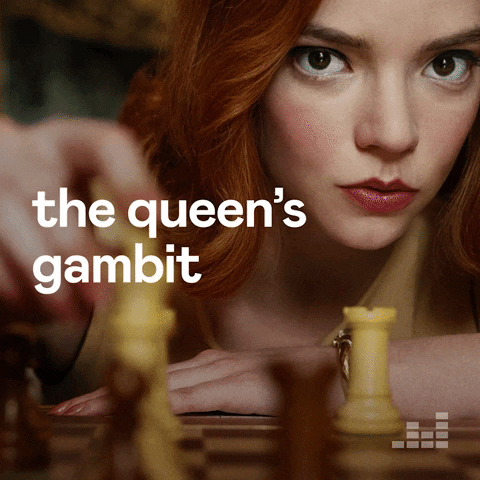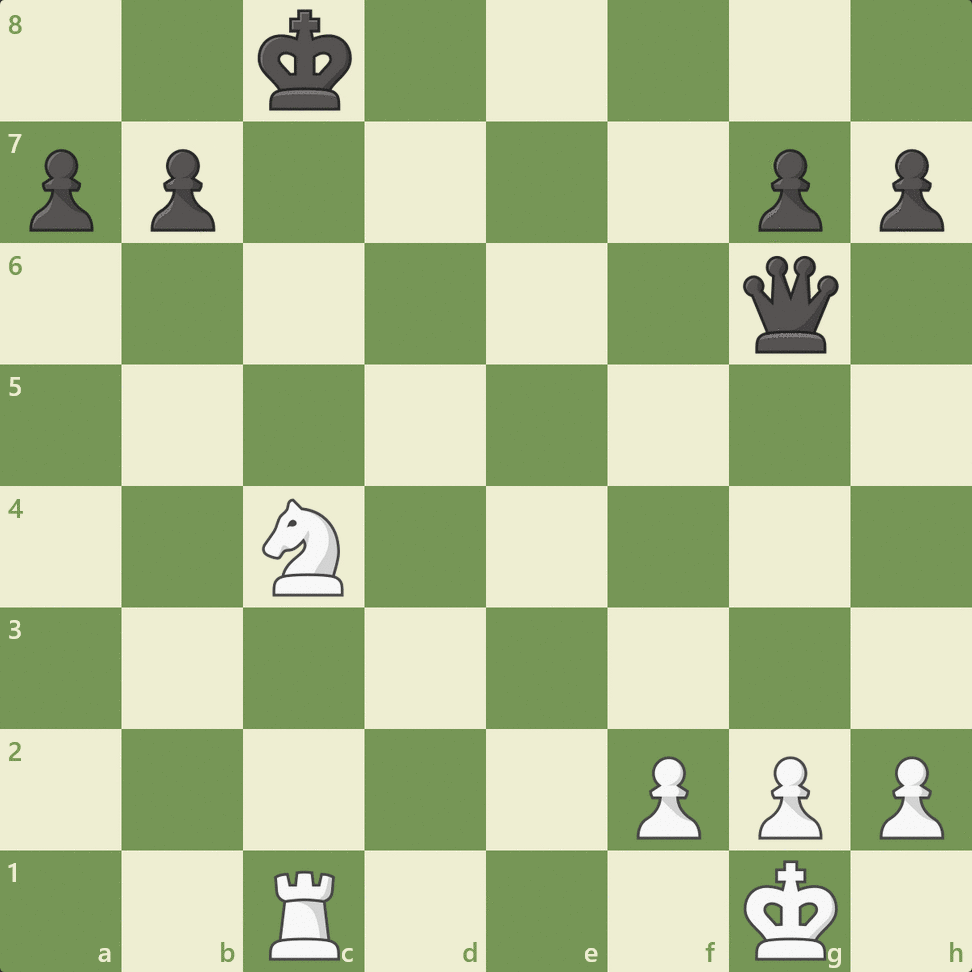Chess is one of the most ancient games and is loved by many. It is great for developing your perspective, improving memory, improving your focus, pressure management, improving planning skills, self-awareness and much more.
I play chess a lot, mostly as a hobby. Whenever I get time away from my work, I quickly open chess.com app or find someone in my co-working space to play some quick games.
Chess has taught me so many valuable lessons. Some of them are life lessons, some of them are programming lessons and some of them are business lessons. Today I would like to share 4 valuable ethical business lessons I learned from chess.
So are you guys excited?
1. Sacrifice/Gambits

If you are a chess player you might have come across a scenario where your opponent gives you a free piece. Sometimes this could be a blunder but sometimes it could be for compensation which could be critical for you. In simple terms, this is known as gambit or sacrifice in chess where your opponent sacrifices a piece (let's say a queen) for a deadly trap, compensation or a bigger piece/s (let's say your king).
Applying this concept to business, whenever there is an opportunity/offer, you need to be a bit careful and think about whether it is an unseen trap or it is really an opportunity. Before making a move try to calculate the loss you could get out of it. Because for gaining x you should not lose 4x.
2. Discovered check

Discovered check is a deadly tactic where you could be caught off guard by your opponent. Simply put, it is a surprise attack straight on your king which might cause you to lose major pieces in order to save your king or you might lose the game itself.
In business, you should be aware of surprises where you could have a deadly loss. Planning ahead helps a lot. Try to keep your guards always on. A backup plan might be of some help as well.
3. Knight and fork
A knight or horse is the only piece in chess which can jump over other pieces and move. There are scenarios where a knight was a game changer. It literally helped me to win the lost games.
Knights are known for the fork. A fork is a situation where one piece can attack more than one piece at the same time.
In business, from an ethical point of view, try to fork more than one opportunity where one opportunity could be your primary target while the other one is your secondary or backup plan. Like a knight jump over the business hurdles to achieve success.
4. Stalemate
It is obvious you cannot always win but you can minimise your losses. Stalemate is a situation where none of the pieces can move and your king is not in check. This is a draw in chess.
Whenever I play with higher-level bots when it is obvious that I am about to win, the bots try to fight back by creating a scenario where their king cannot move on to their next turn and it goes into a stalemate. Personally, while playing with other great players, I have saved some games by stalemate. Sometimes the draw takes to another game where I had a chance to make a comeback and vice versa.
In business, there are cases where we feel everything is lost and nothing could be improved. Try to stalemate the situation where we don't give up and keep fighting till the point where we get another opportunity (another game) to make a comeback.
So these were the 4 valuable ethical business lessons that I learn from chess. Which one did you learn by yourself or which one did you find interesting out of the 4 lessons above? Do let me know in the comment section :)

